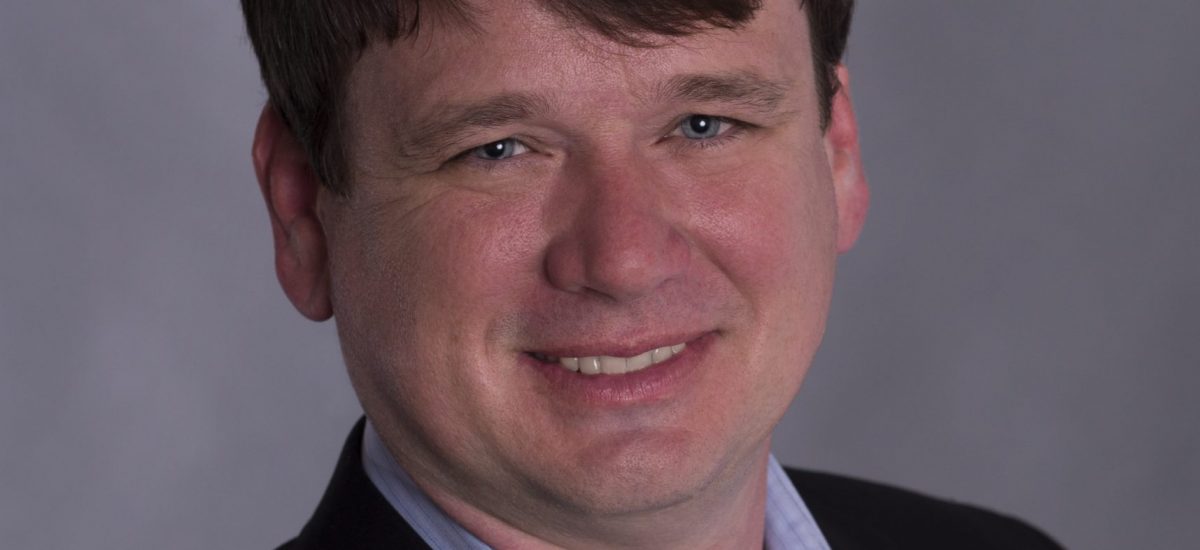
Gustaaf Jacobs
Scholar in residence October 2024 – January 2025
Gustaaf Jacobs is a major contributor to the fields of Scientific Computing and Physics of Chemically Reacting, Turbulent Flow and Aerodynamic. He is a full professor at San Diego State University, an Associate fellow of AIAA, and is among Stanford’s Top 2\% Most Highly Cited Scientist in 2022. He has served as Program Chair, Invited Session Chair, Workshop Chair, Publication Chair and Program Committee Member for numerous conferences, and has been on the editorial board for several journals. He received a US Air Force Office of Scientific Research Young Investigator Award in 2009.
Professor Gustaaf Jacobs received a M.Sc. in Aerospace Engineering from Delft University of Technology in 1998, where after graduation, he was appointed to Research Associate. He received a PhD in Mechanical Engineering from the University of Illinois at Chicago, where he worked with David Kopriva. Following graduation in August of 2003, he was appointed Visiting Assistant Professor in the Division of Applied Mathematics at Brown University. He later combined this position with a Postdoctoral Fellowship in the Department of Mechanical Engineering at the Massachusetts Institute of Technology.
As of August 2006, he was appointed Assistant Professor of Aerospace Engineering at San Diego State University and was promoted to Associate Professor in August of 2010. In 2013, he was promoted to Full Professor.
Prof. Jacobs has worked towards the development of mathematically rigorous innovative algorithms based on convolution filters that lends themselves to efficient computational codes that enhance the accurate capturing and filtering of multi-scale physics.
During the visit Prof. Jacobs will collaborate on the development of kernels for multi-scale physics modeling by
- Establishing the interaction between the mathematics, physics, and numerics in applications such as LES.
- Establishing consistent filters that correctly represent the kinetic energy.
- Ensuring that the fundamental analysis is ported to DG-DNS and DG-LES codes and tested for turbulent flow problems.
The methods we develop will exploit the underlying connections between the filtered equation and the numerical method and will thus lead to mathematically rigorous, accurate, and efficient simulations. We specifically concentrate on the development of regularized discontinuous Galerkin formulations for filtered physical conservation laws.
Contact: gjacobs@sdsu.edu
Host

Jennifer K. Ryan
Professor, Division Head for Numerical Analysis, Optimization and Systems Theory at KTH, Digital Futures Faculty
+46 8 790 6296jryan@kth.se


